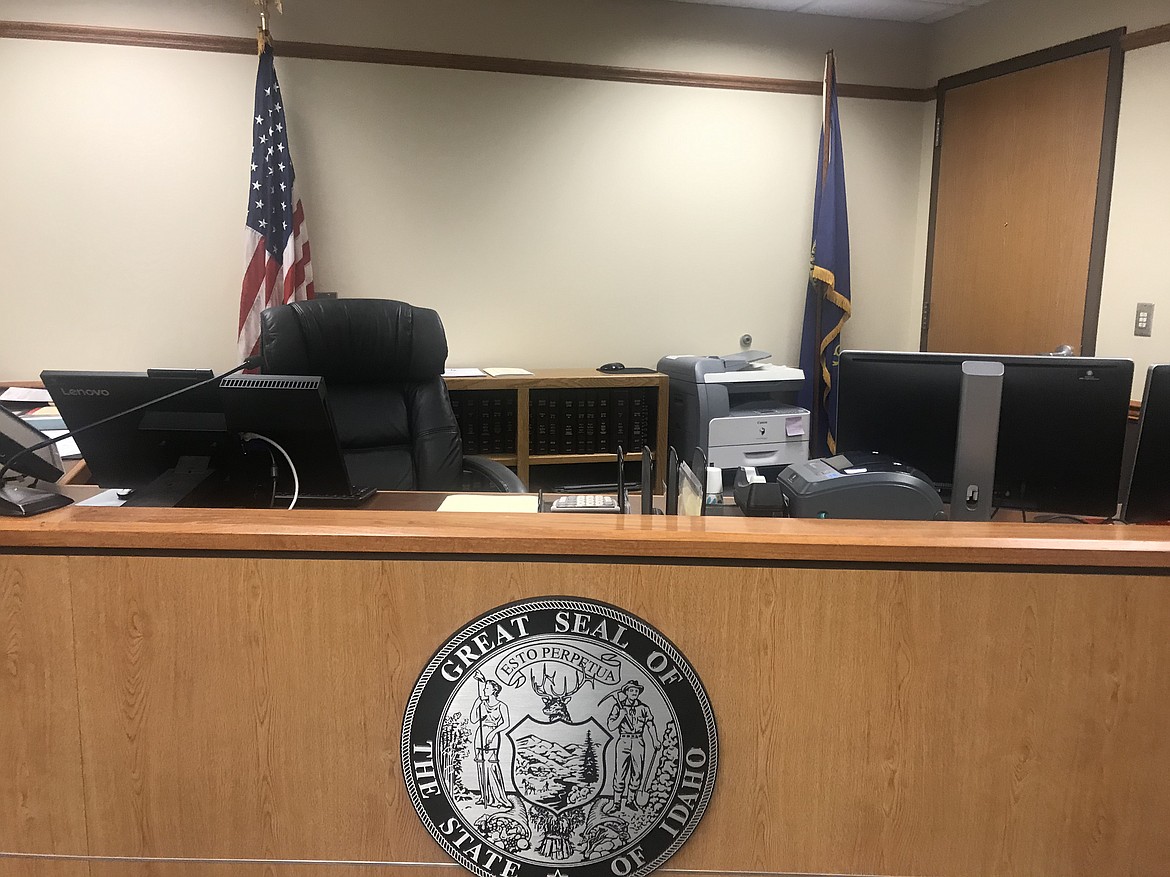High court rules in access lawsuit
MOYIE SPRINGS — The Idaho Supreme Court is vacating a lower court’s order for summary judgment in a protracted access dispute and remanding the case back to 1st District Court for further proceedings.
The cases arises from a 2009 purchase of a Boundary County property by Jefri and Debbie Davis, who bought property off Gray Wolf Road and found out several years later that there was no legal road access to their land. The couple, which was living in California at the time of the purchase, sued the real estate brokers and their companies for fraud and constructive fraud for the access blunder.
The Davises hired Charles Tuma and Tuma’s broker, Donald McCanlies, both of whom worked for Johnson House Company, which was doing business as Coldwell Banker Resort Realty.
“Some years after purchasing the property in question, the Davises learned to their distress that the road they believed provided access to their home, did not in fact do so,” the high court said in a summary of the case.
After living on the property for seven years, the couple was advised that they did not have legal road access to their property and a blockage was erected to keep them from using Gray Wolf Road to access their home, according to court documents. The couple filed suit, alleging Tuma, McCanlies and Coldwell Banker Resort Realty intentionally and deceitfully misrepresented their abilities to identify routes to properties and primary title commitments.
The defendants moved for summary judgment on grounds that a three-year statutory of limitations had expired. The plaintiffs filed several declarations in response and sought to amend their civil complaint.
Judge Barbara Buchanan granted the motion for summary judgment and struck portions of the Davises declarations, but did not specify which parts. Buchanan also denied the Davises’ motion to amend their complaint, but did not explain the rationale behind the denial, the high court said.
“The district court abused its discretion in denying the Davises’ motion to amend their complaint. The district court did not articulate the relevant legal standard for evaluating a motion to amend a complaint,” Justice John Stegner said in the 17-page opinion filed on Aug. 7.
The high court overturned the order for summary judgment and vacated Buchanan’s order denying the motion to amend.

